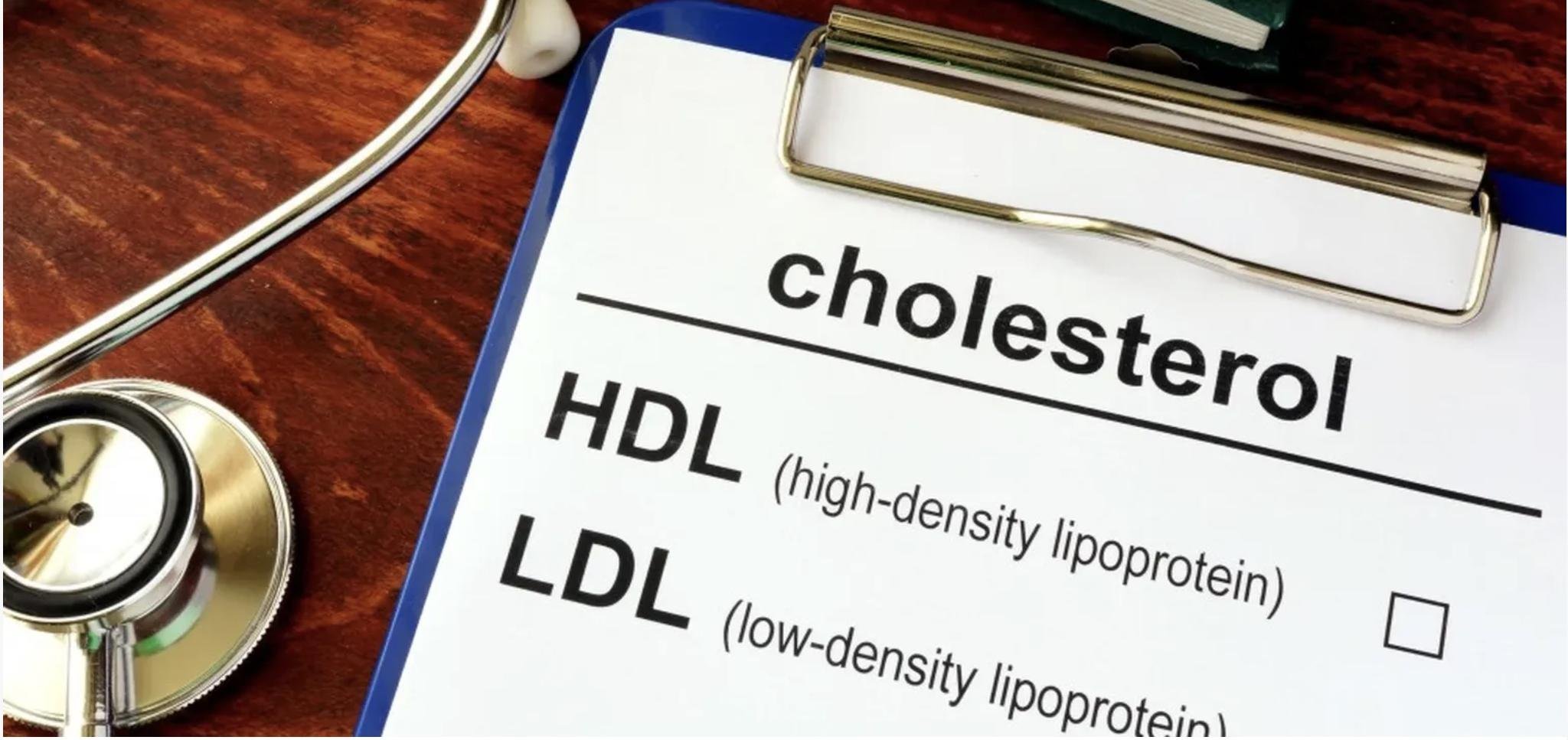Cholesterol, Part 1
The News Isn’t All Bad
Cholesterol gets a bad rap.
All the time.
Think about it. When someone says “cholesterol,” it usually conjures up images of fat, clogged arteries, and heart disease.
But what if I told you that’s not the whole story?
What if I told you that cholesterol has a good side – that it is, in fact, essential for your health?
Sound crazy?
It’s not.
Yes, too much cholesterol in your blood is harmful. No question. But that doesn’t mean you want none. Having the right amount is what matters.
What is Cholesterol and What Does it Do?
Cholesterol is a type of fat found in every cell in your body. That alone might give you an idea of how important it is to your health. Here are just a few examples.
Building Cell Membranes: Cholesterol helps form the structure of cell membranes, giving them strength and flexibility.
Hormone Production: Your body uses cholesterol to make sex hormones like estrogen and testosterone, and adrenal hormones like cortisol. These hormones regulate everything from metabolism and mood to reproductive health.
Vitamin D Production: Cholesterol is a key ingredient that your body needs to make vitamin D, which is essential for bone health, immune function, and more.
Bile Production: Cholesterol helps your liver produce bile acids, which are necessary for digesting fats and absorbing fat-soluble vitamins.
How Many Types are There?
Two, right? HDL and LDL.
Not exactly.
There’s actually only one type… cholesterol.
LDL and HDL are transport proteins that move the cholesterol around your body where it’s needed and then back to the liver to be removed.
LDL moves cholesterol from the liver where it’s produced (more on that in a minute) to tissues. HDL’s job is to take the cholesterol from cells and tissues and bring it back to the liver so it can be excreted. So it makes sense that you want higher levels of HDL in order to to move cholesterol out and prevent build-up in your arteries.
Where Does it Come From?
This might seem obvious. It comes from your food, right?
Actually, sort of wrong.
Believe it or not, your body makes and regulates its own cholesterol. Here’s how it works….
Your liver produces about 80% of the cholesterol your body needs. The rest comes from the food you eat. But here’s the cool part. When the cholesterol you take in from food is low, the liver increases its own cholesterol production to make up the difference. When you eat more cholesterol, your liver decreases its production to prevent your levels from going too high. 🤯
Before you get too excited, though, this doesn’t mean that you can throw caution to the wind and surround yourself with processed foods, sugar, and unhealthy saturated fats without consequences. Because the food you eat does matter when it comes to maintaining healthy cholesterol levels. It’s just not the cholesterol you eat. See the difference?
So, remember, cholesterol is not the enemy. It’s a vital substance you need to function every day. But it’s important to also remember that you have to support your body the right way to keep your cholesterol levels healthy. Which is why, next week, we’ll look at what causes cholesterol levels to rise and how nutrition can help keep everything in check.


